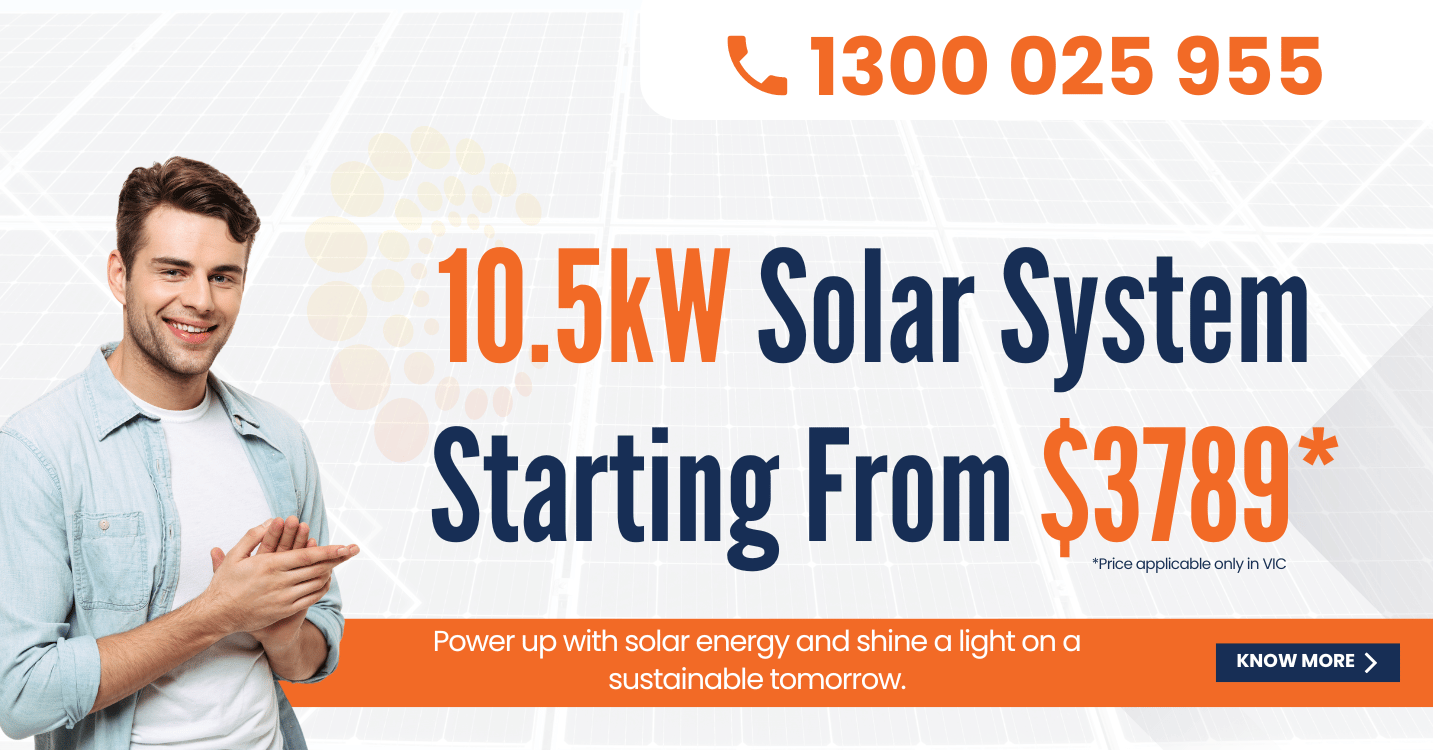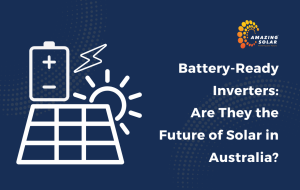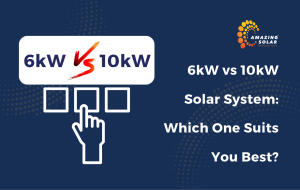Harnessing the power of the sun through solar panels is an eco-friendly and cost-effective way to meet your energy needs. However, before you dive into solar panel installation, it’s crucial to carefully consider various factors to ensure a successful and efficient setup. Here are key aspects to keep in mind when going solar:
Evaluate Your Energy Consumption:
Start by understanding your monthly energy usage, as indicated on your electricity bills. This helps determine the appropriate size of your solar panel system. A higher energy consumption will require a larger system to meet your needs.
Location and Sunlight Availability:
Solar panels thrive under ample sunlight, so your geographic location plays a significant role in their efficiency. Regions with frequent cloud cover or fog may experience reduced electricity generation. Proper panel orientation, typically facing south, can maximize sunlight absorption.
Roof Condition and Type:
Assess the condition of your roof. If it’s damaged or nearing the end of its lifespan, consider repairs or replacement before installation. The roofing material can affect installation costs, with composite and asphalt shingles being more budget-friendly than slate or cedar.
Local Regulations:
Be aware of local building codes, zoning laws, and homeowner association guidelines. Some areas require permits for solar panel installation, and there may be restrictions on panel placement. Compliance with local regulations is essential to avoid legal complications.
Incentives and Rebates:
Governments often offer financial incentives to promote solar energy adoption, such as tax credits, rebates, or feed-in tariffs for surplus energy production. Research available incentives in your area to offset initial installation expenses.
Types of Solar Panels:
Solar panels come in three main types: monocrystalline, polycrystalline, and thin-film. Monocrystalline panels are highly efficient but pricier, while thin-film panels are less efficient but more affordable. The choice depends on your energy needs, budget, and available space.
Select a Reputable Installer:
Quality installation is vital for system efficiency and longevity. Choose a certified installer with a solid track record. Ask for references and check customer reviews to ensure a reliable partner who can guide you through permits, inspections, and incentives.
Financing Options:
Solar panel installations can be a significant upfront investment. Explore financing options, including outright purchase, solar loans, or lease/power purchase agreements. Each has its pros and cons, so select the one that aligns with your financial situation.
Warranty and Maintenance:
Solar panels typically come with a 25-30 year warranty, while inverters and other components may have shorter warranties. Understand what’s covered under the warranty and anticipate minimal maintenance needs, such as regular cleaning and occasional inspections.
Grid Connection:
Decide whether you want a grid-connected or off-grid system, Grid-connected systems allow you to sell excess energy back to the utility company but may involve additional costs. Off-grid systems require battery storage for complete energy independence.
conclusion
Installing solar panels is a wise long-term investment that can reduce costs and benefit the environment. By carefully considering these factors, you can make an informed decision and embark on a successful solar journey. Embrace the power of the sun for a brighter and more sustainable future!
















